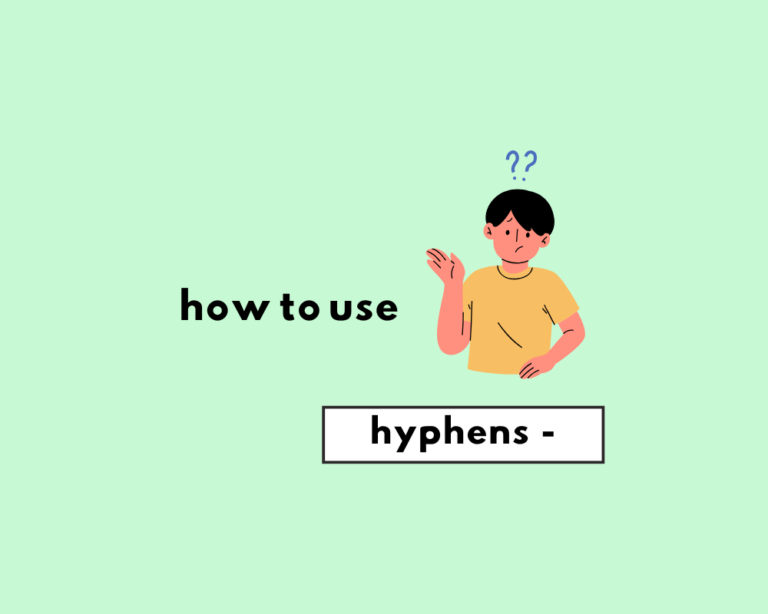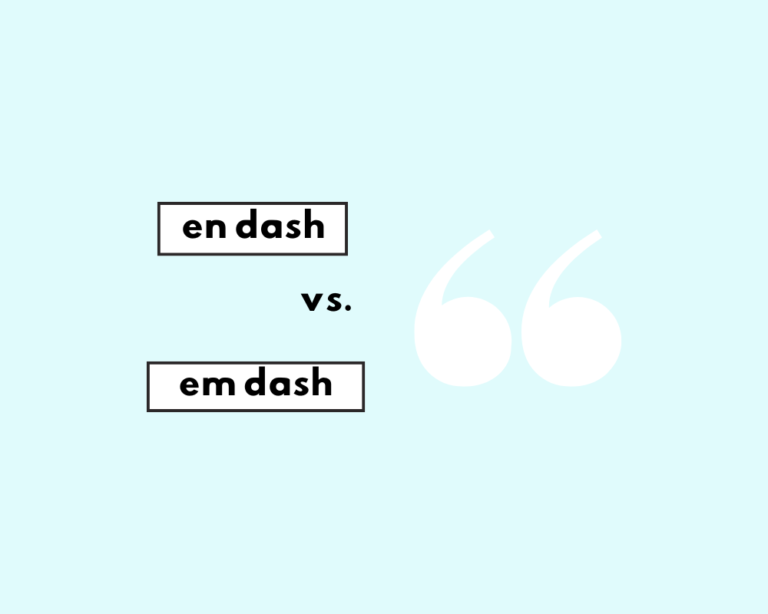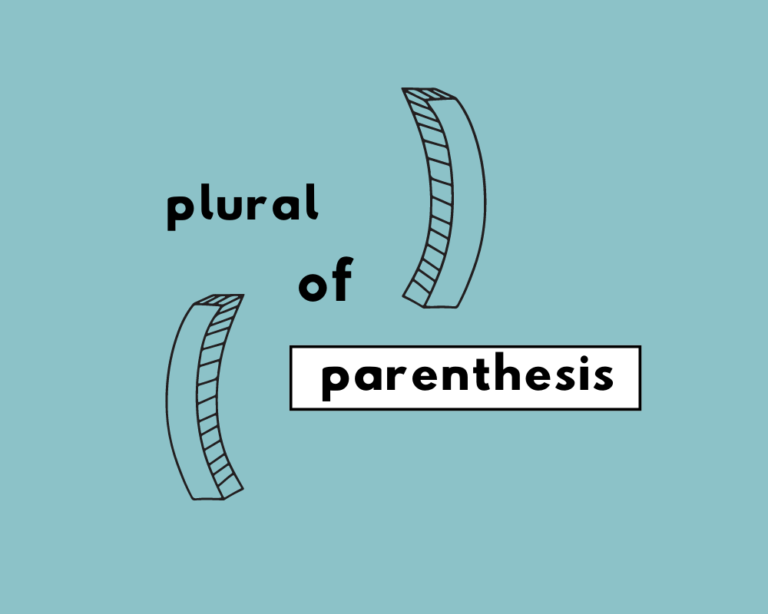
When to use came or come?
If you’re confused about when to use ‘came’ or ‘come’—and vice versa—this post is for you. Like with all verbs, regular or not, the correct form will depend on what you’re trying to communicate, and whether you are describing something happening in the present, or has already occurred in the past.
Verb forms of came or come
The verb to come is understood as “to move toward something or somewhere”, particularly to a place where the speaker is physically located. It can also mean “to move or journey to a vicinity with a specified purpose,” “to arrive”, or “to reach a condition or conclusion.”
| present | past | future | |
| simple | I come | I came | I will come |
| continuous | I am coming | I was coming | I will be coming |
| perfect | I have came | I had came | I will have came |
| perfect continuous | I have been coming | I had been coming | I will have been coming |
i. Come is in the present tense: I will come over later.
ii. Came is the simple past: I came to the park to look for my lost dog.
iii. Come is also the past participle: I had come to my senses by the next morning.
What’s the past tense of come?
The simple past tense of come is came, while the past participle is come. The past participle ‘come‘ often follows the auxiliary verb had, which is the past tense of have. This helps differentiate between the past perfect, simple present, and present perfect tenses.
The past perfect tense refers to actions or events completed entirely in the past. The adjective ‘perfect’ comes from the Latin word, perficere, meaning “accomplish, finish, complete”. Typically, the past perfect is used to clarify the order in which events have occurred in a series or succession. The past perfect emphasizes the correct order in which past events took place.
Compare these sentences of came in the past tense vs. past participle:
i. I came to the park to look for my lost dog. (past tense)
ii. They began treating her better, for they had come to realize how kind she was.(past participle)
“Came or come” present & past sentence examples
1. Will you come to my birthday party?
2. My neighbour comes over to my house every Friday.
3. If worst comes to worst, we’ll go with plan B.
4. She comes over when my brother isn’t home.
5. Rainy days come and go.
Examples of the past tense came in sentences
1. He only came to school one time!
2. They came just in time for the event.
3. I came to a conclusion.
4. She came in through the back door.
5. We only came for the big sale.
1. We had just come home when he arrived.
2. I had come to my senses by the next morning.
3. Alessandra had come up with a solution before they suggested the change.
4. We had come to the cottage thinking the weather would be nice.
5. She had already come before her mother arrived home.
Word origin
From etymology online on come (v..):
From Old English cuman “to move with the purpose of reaching, or so as to reach, some point; to arrive by movement or progression;” also “move into view, appear, become perceptible; come to oneself, recover; arrive; assemble” … from Proto-Germanic *kwem- (source also of Old Saxon cuman, Old Frisian kuma, Middle Dutch comen…), from PIE root *gwa- “to go, come.”
Read more about verb conjugations
- What’s the past tense of spread?
- What’s the past tense of lead?
- What’s the past tense of choose?
- What’s the past tense of fly?
- What’s the past tense of lay?
- What’s the past tense of drive?
- What’s the past tense of draw?
Learn more about verbs
Sources










